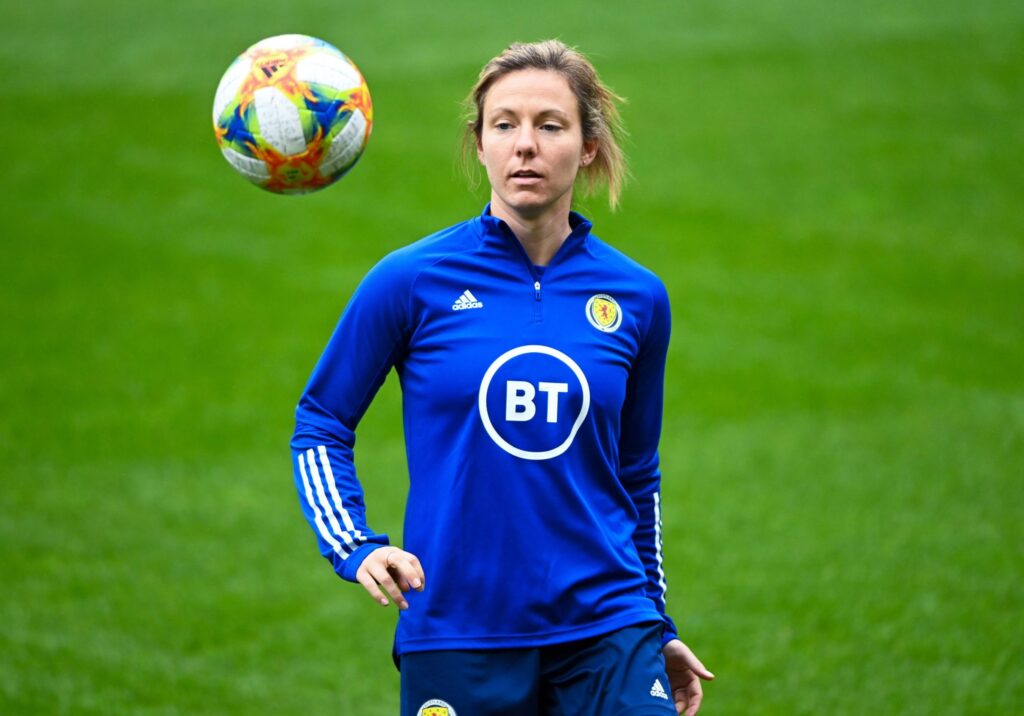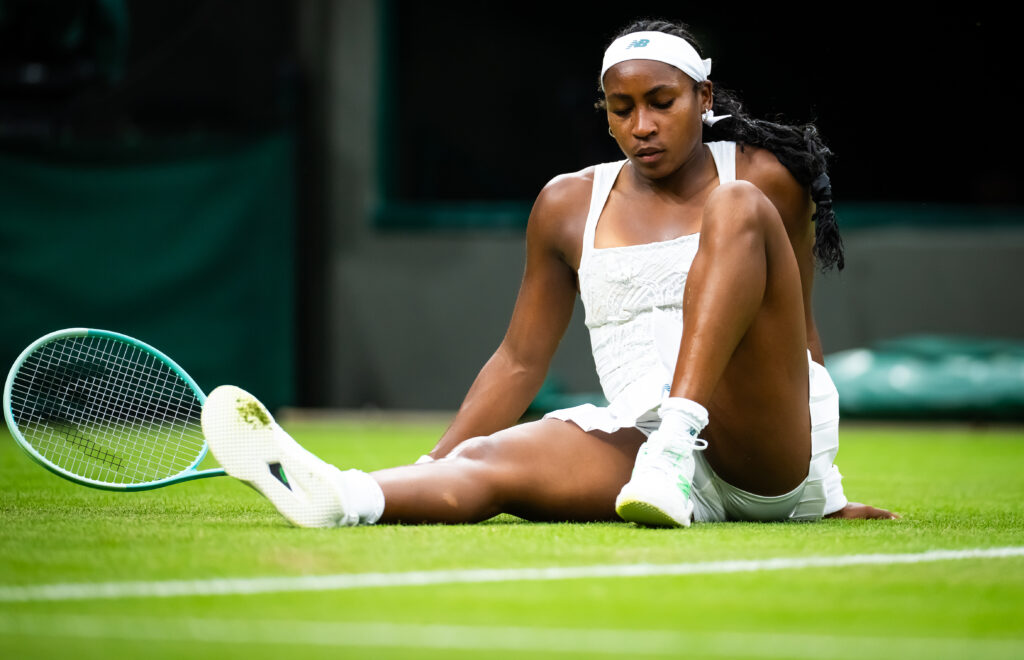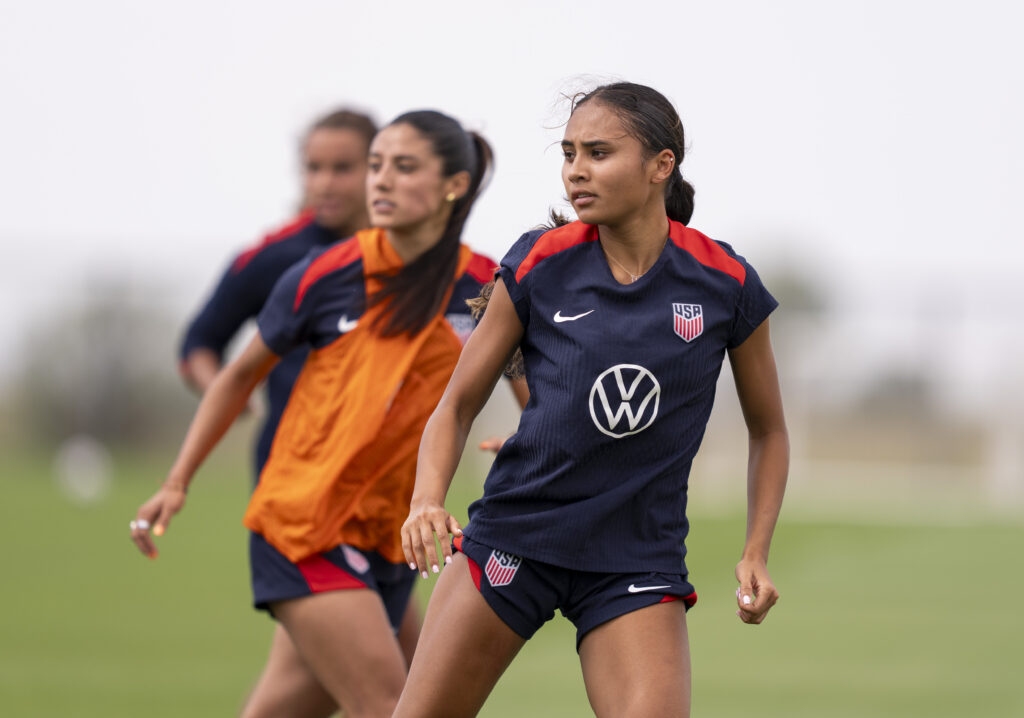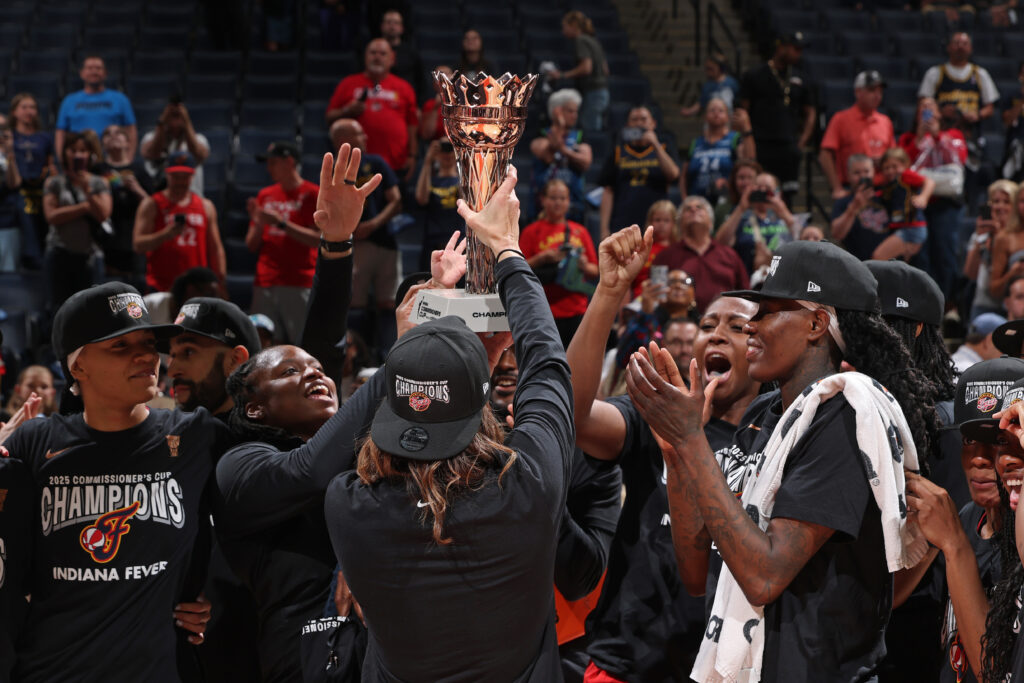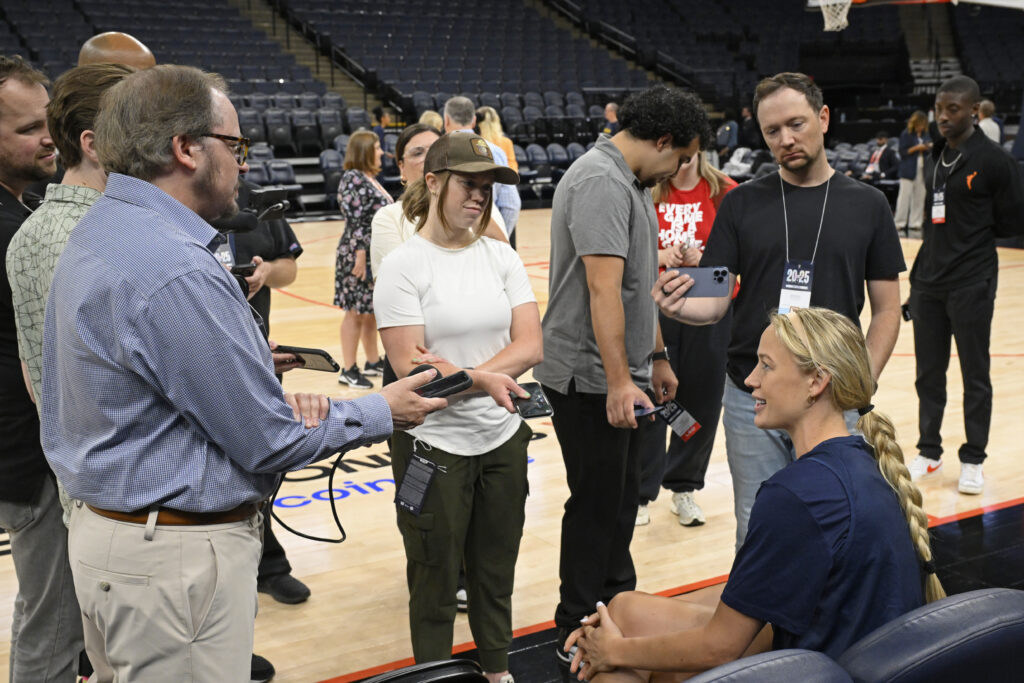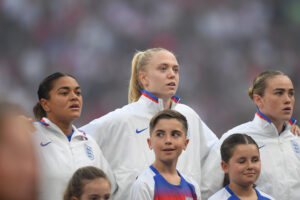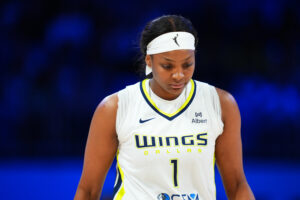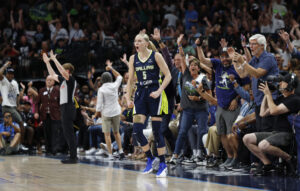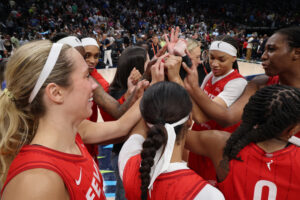Rachel Corsie is a professional soccer player currently playing for Birmingham City FC in the FAWSL while on loan from the Utah Royals in the NWSL. She is also the captain of the Scotland national team.
Are you in lockdown right now?
Yeah, supposedly, although I would say that it’s fairly loose right now. It’s strange. As footballers, the biggest thing to take from it is that you have a different moral responsibility than the general public. I think there’s a lot of people still bending the rules a little bit. We need to be a little more cautious; If we bend the rules, we’re probably scrutinized more heavily.
I know you said you have to be more careful, but how else does the lockdown impact training and games? Do you have to do more testing or what does that look like?
They have a fairly comprehensive testing regime across the league. You’re tested typically once a week, but that will be increased if you have more than one game a week. It really ensures that people are following the rest of the protocols. I think there’s more work done behind the scenes that we don’t see, because a lot of the clubs now are affiliated with their men’s team, and you need to be careful. With teams overlapping, arriving at the same time using the same facilities, you need to make sure you come in through different entrances and don’t overlap. As players, we probably don’t quite see the full extent of everything being rolled out. I think a lot of work has gone on to make sure that we can continue.
There’s been a few positive tests, but if you think of how many tests have actually been done, there’s been a really low percentage of cases within the game. It’s a privilege to keep on being able to play. Also the wider community, I think, enjoys being able to watch some kind of sport. We’ve grown our audience a bit, because I think people just love watching sports. If there’s live sports on, then they’re going to probably turn it on. I think we need to capitalize on that, but also remember that we have a responsibility to make sure it keeps happening.
That makes sense. You signed with Birmingham City a few months back on loan from Utah. What went into that decision?
I came back [to the US] for the season and we had the Challenge Cup, which was great.
However, at the end of that, I was excited to come home. I’m not someone who’s typically a home person — I’ve played in the U.S. for five and a half years. I’ve lived away from home for 10 years. However, how everything was playing out… the virus and just everyone’s health…. I don’t know, it was just different. So as the Challenge Cup finished, I was looking to spend some time at home. It happened around the same time that they weren’t quite sure how the NWSL was going to use the next couple of months and what game schedules would look like.
What I did know was I was going to have national team games. I was very conscious that I needed to be in an environment that offered competitiveness in both training and game capacity. It was quite clear that while there might be some opportunity for that in the U.S., there wasn’t going to be a lot. I was quite keen to explore options in Europe, particularly in England, because I know a lot of players here and it’s close to home. But it all happened very last minute.
And how has the transition been for the past few months both on and off the field?
Honestly, I hate that whole process. I hate the stress of new loans, new clubs, and change. I’m a real routine person. I know what I like. But on the whole, it’s been pretty smooth. I’m probably fortunate in that I was able to come over quite quickly and find somewhere to stay.
There’s three other Scottish players playing for Birmingham at the moment. So there’s always that little bit of comfort there when you have people who are from the same place that you’re from. I’ve played in youth national teams with Christie Murray, who’s the captain of Birmingham at the moment, since I was 15, 16 years old. When you’ve known someone for almost half your lifetime, then that’s obviously something that can be really comforting.
I think football-wise, I was quite comfortable moving into this environment — knowing the level, the standards, and the type of football that’s played here. I think I was less concerned by that and more apprehensive for the general change in life.
How would you compare the playing style versus the NWSL?
It’s definitely a lot quicker in the U.S. I’m always reluctant to say that, because when you say that people just think, “Oh, the American style is just all about physicality and all about being fast and fit.” I think that’s a disservice to the American style, because I think there’s also some of the most talented technical footballers playing in the NWSL.
I just think that as a whole, the game over there is quicker. Speed of play is definitely quicker. On top of that, in the U.S. you also have the heat in a lot of places. So physically, I think there’s just a much greater challenge in the U.S.
Over here, I think, there’s probably a little bit more analysis done over the tactical side of the game. But again, I don’t want that to sound like it’s not done in the U.S., because there’s certainly a huge component of the game and the NWSL that’s very, very tactical, and there’s teams that are very effective both in possession and out of possession. I just think the biggest difference is that speed of play and the physical demands.
We’ve seen other NWSL players and specifically other Americans going on loan to European teams over the past few months. What do you think that means for FAWSL?
It’s hard to say. A lot of people look at it and try to generalize: They try to say the league is growing because of it. But I think everyone has gone for different circumstances. I’ve gone for my reasons. It is definitely a reflection that the league is competitive, but I think the league should naturally adopt the fact that it’s growing. I think the growth of the game will come from the continued infrastructure that comes within football and from the FA to make sure that the game grows in the right direction. A lot of things will be impacted more by building a framework that allows the game to grow, instead of just having superstar names.
Do you have any specific personal goals for this season with Birmingham?
I want to come here and perform. I’ve come to a club that is considered one of the smaller clubs, and that puts a different pressure on your game. I’ve enjoyed that. So far, it’s been a really positive experience.
We had a really good month in October and had some great results. That really lifted up everyone. That was just such a powerful message to see and to be part of. In sports, there’s these kinds of moments and roller-coasters — up and downs. I think there’s going to be some of that while I’ll be here, but it’s really powerful to see those big moments with a number of players who are really together and just are so desperate to fight for one another. I just think it’s just a unique kind of challenge.
We’ll have some huge national team games coming up. We had a bit of a, you could say, poor result against Finland last month. I know that we feel disappointed by that, but we have the opportunity to put that right in the next window. We definitely want to qualify for the Euros again. We don’t want it to be a one-off and a different expectation on the group. I think that’s what is expected of Scotland now. The men qualified already and that brought back a lot of emotions. It’s something that just makes you really proud to be Scottish. So that’s another huge goal for the year.
